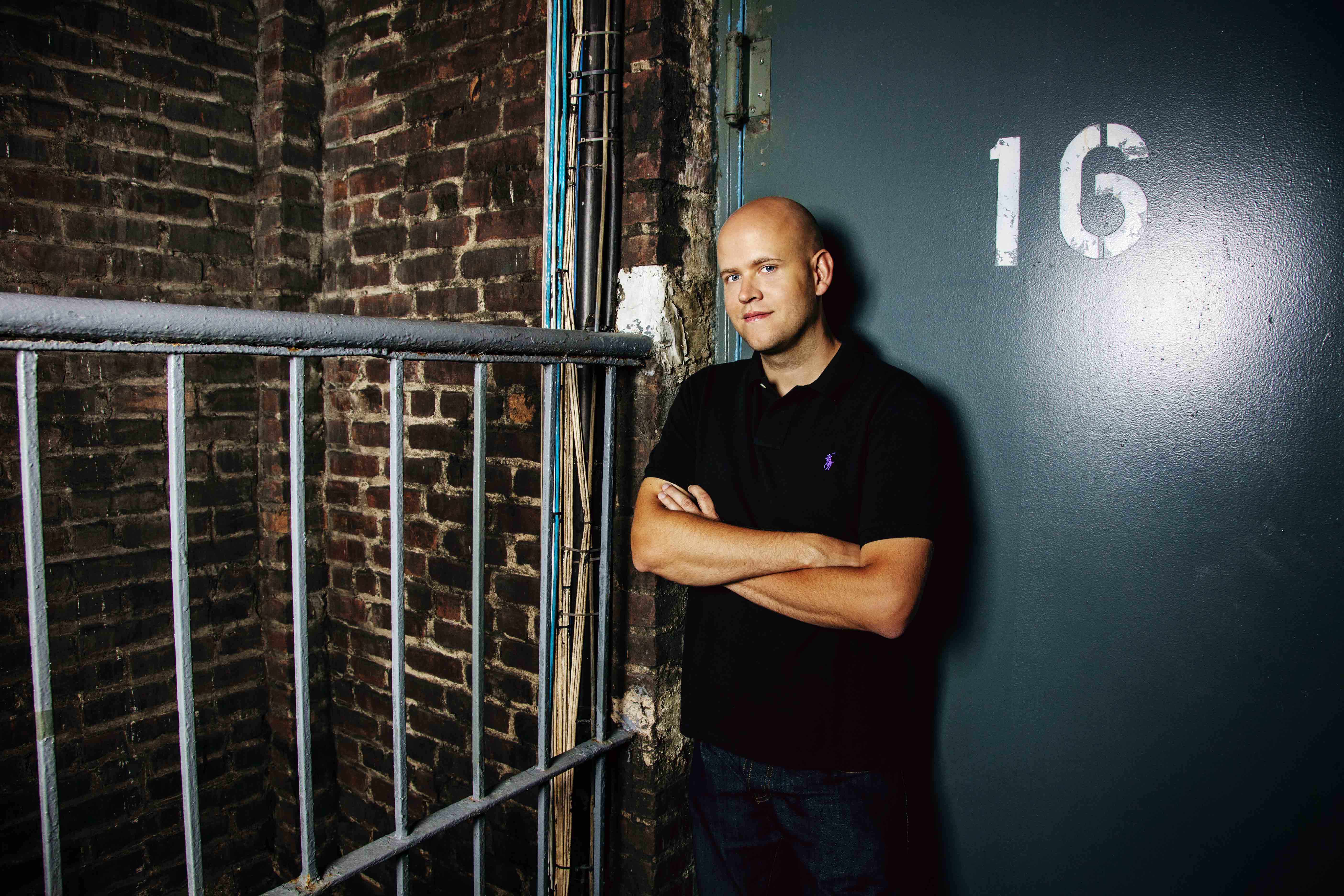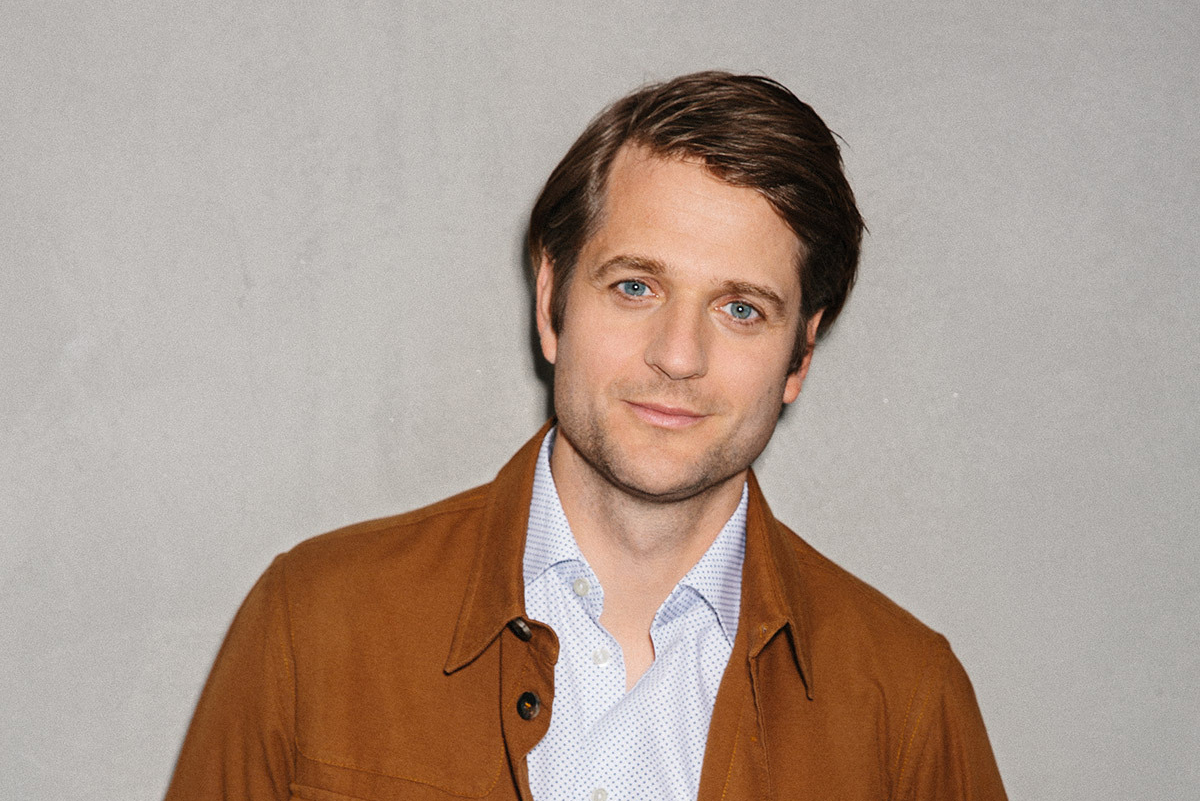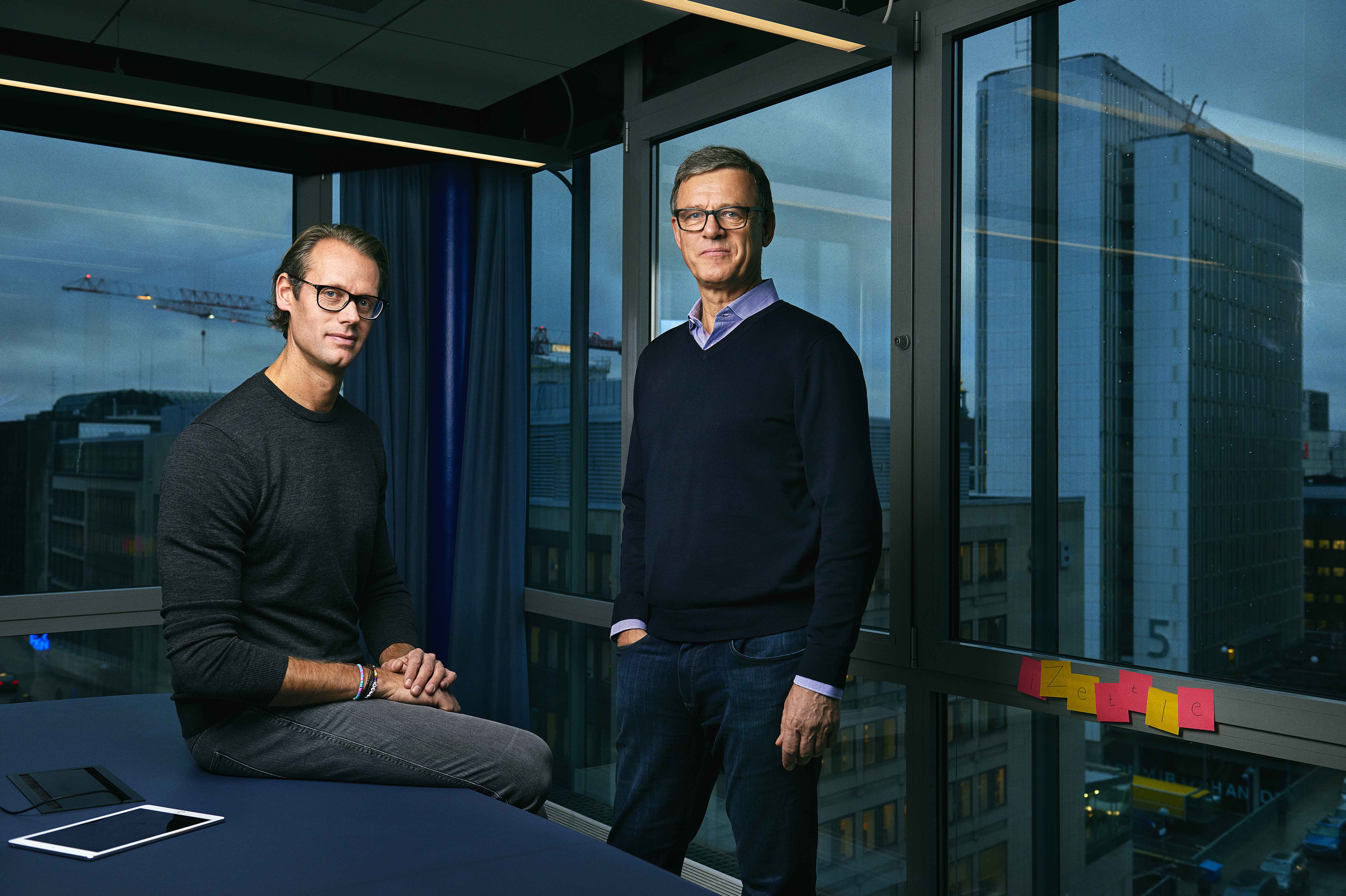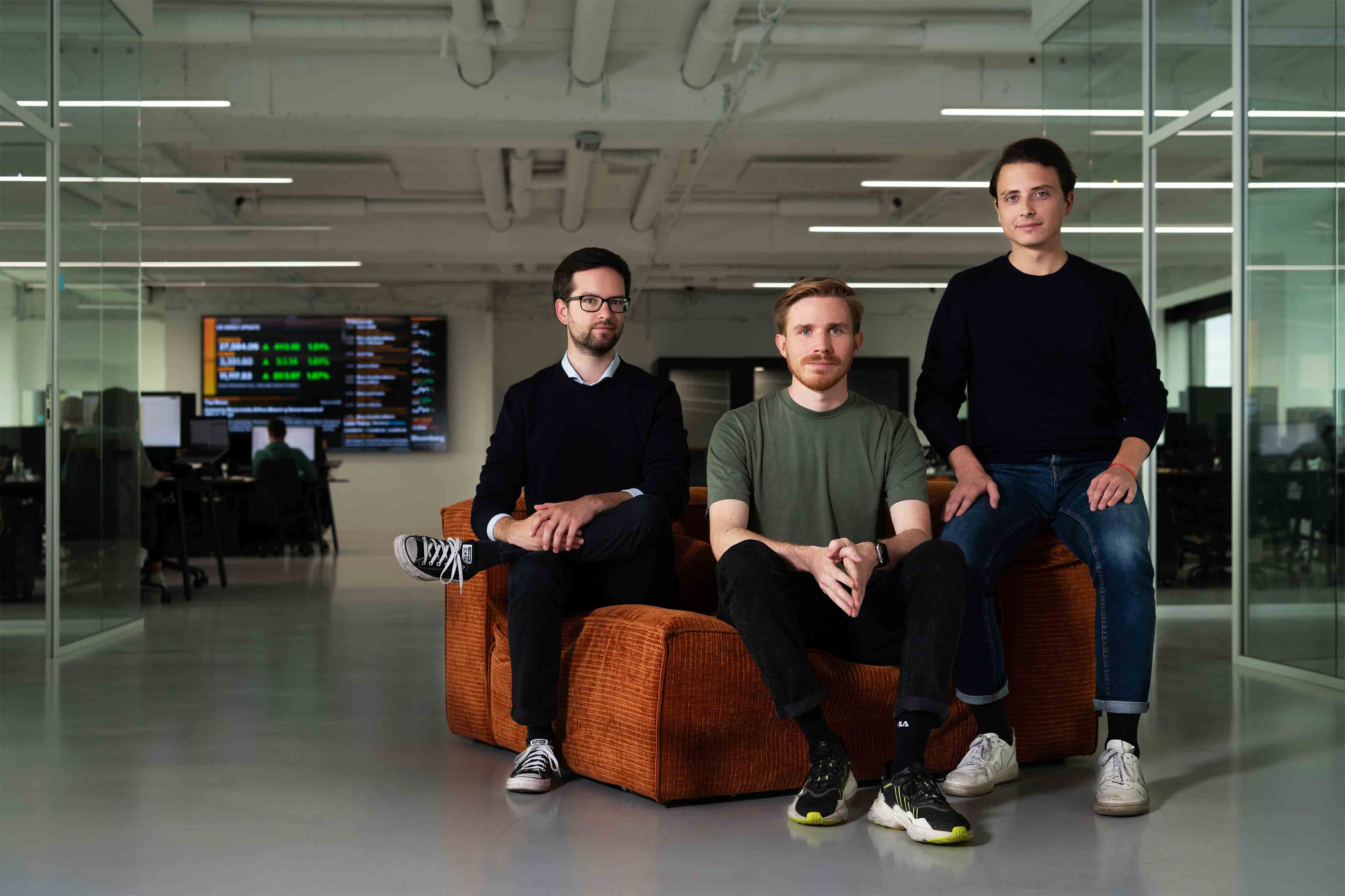Johan Brenner
As an early-stage VC, you spend time with hundreds of fantastic startups, trying to identify potential winners by thinking about market size, business model and competition. Nevertheless, deep down you know that in the long run, it all comes down to the team and the founder(s).
When we look at the most successful companies in our portfolio, their amazing performance is in large part thanks to the founders. However, even after 20 years in the industry, I have to admit that analyzing the team is still the most challenging part of the job. How do you evaluate a young first-time entrepreneur of an early-stage company with little traction?
At Creandum, in the past 18 years, we have been fortunate to work with some of Europe’s most successful startup founders such as Daniel Ek from Spotify, Sebastian Siemiatkowski from Klarna, Johannes Schildt from Kry, Jacob de Geer and Magnus Nilsson from iZettle, Emil Eifrem from Neo4J, Christian Hecker from Trade Republic and many more.
After a while, we realized that these incredible entrepreneurs all share some fundamental characteristics. They all have lots of energy, work hard, show patience, perseverance and resilience. But on top of that, all these unicorn founders share five key traits that, as an investor, you should look for when you back them at an early stage.
They know what they don’t know
Many people expect a typical startup founder to be very confident and have a strong sales mentality. While they should definitely live up to those expectations, the best founders are also humble and well aware of their weaknesses and limitations as well as the potential challenges for their startup.
They keep wanting to learn, improve and grow the business beyond what average people have the energy and drive to manage.
Typically, the best founders listen and reflect on key questions, and don’t always go for the fastest answer. You can also tell by seeing if they are building a strong team around them and have shown that by making a couple of key hires. Good founders also understand where the gaps are and which talents and skills will complement their own strengths. Most importantly, they show a constant curiosity in and outside their domain.

“Knowing what you don’t know” is key when it comes to building the right team. When we met Spotify founders Daniel Ek and Martin Lorentzon in 2006, we were struck by how they challenged, complemented and respected each other. Their level of discussion and how much they pushed each other is something we’re always looking for in co-founders.
As investors, we are well aware that, in reality, we have limited influence on the success of a startup. But if the founders have an ounce of this character trait, it’s also likely that they will listen to at least some key advice at pivotal moments toward building a unicorn.
Visionaries at heart
The most successful founders think BIG. However, the best ones also sweat the small stuff and show frugality, particularly in the early days when they’re operating with a tiny budget and an often non-existent team. Founders need to be hard-working individuals.
Much more difficult to spot, though, is their potential for leadership. In other words, the ability to move between strategic, high-level thinking and operational problem-solving on a day-to-day basis, and then to evolve this seamlessly as the business grows.
In a matter of a few years, a unicorn founder has to go from being the hands-on jack-of-all-trades, to the hiring manager and then to CEO, all the while leading the company. Essentially showing “helicopter” ability — moving from strategy to operations and back — seamlessly in the interactions.
The best founders have clarity about their long-term plan and vision for the company — even their early actions are aligned with a North Star. You can also find out if the founders are walking the talk as you see them interact with their team, because good leaders demonstrate great communication skills as well as clarity, transparency and integrity. Examine their previous projects for proof of an eager mentality.

A great example of this is Sebastian Siemiatkowski from Klarna, who 16 years ago embarked on a journey to build today’s highest-valued European fintech. An immigrant in Sweden, he took on side projects from an early age and started Klarna when he was 23. He has since scaled the company to 3,500 employees. Throughout, Sebastian has been agile, kept learning and evolved as a people’s empowerer.
A true unicorn founder doesn’t need to have all of those capabilities on day one, but they should already be thinking big while executing small and demonstrating that they understand how to scale a company.
They put people first
Strong people skills are crucial but hard to notice in early-stage founders. You can check if they know how to trust, evaluate and inspire those around them, whether that’s investors, employees, clients or partners. Another positive sign is if they are building a unique company culture and a uniting narrative very early on. Culture is a natural precursor to attracting, hiring and retaining exceptional talent within an environment that rewards its people for hard work.
Even when the company only consists of two to five people, you can watch out to see if the founders talk about culture and what this looks like in their company. Also keep an eye out for signs of early great additions to the team. Great founders also understand the importance of growing and benchmarking talent.

Take iZettle, for example. They grew the company to 900+ employees and were acquired by PayPal in 2018. Scaling a company that fast requires a culture that attracts and retains exceptional talent within the kind of environment described above. Jacob and Magnus have done a phenomenal job of doing this.
The best founders never stop thinking about their people, always challenge the status quo and make brave decisions regarding when to hire and when to let go of certain people.
Passion trumps industry knowledge
While a founder of a deep tech company or B2B software is likely to have very specific sector knowledge, this doesn’t necessarily hold true when it comes to building unicorns. Over the years, we realized that a real passion is more important than industry knowledge, as it is often the key motivator driving the team through the many ups and inevitable downs.
In fact, some industries are best disrupted with no or limited knowledge of the industry and rather a “naive,” optimistic view of how it could be done better. There’s something about simplifying a product or industry that is easier for someone from the outside, as we saw in the invention of Kry (“there should be no waiting lines for healthcare”) or Vivino (“scan the bottle and then get it delivered to your doorstep”).

For instance, despite being an avid wine drinker, Vivino founder Heini Zachariassen didn’t have any professional experience in the industry. Instead, he approached the topic from a user angle, and what motivated him to start Vivino was the need to solve his own problem of not knowing which wine to buy.
Great at fundraising
The easiest and one of the most important traits to recognize as an investor is the founder’s ability to ace the fundraising process, a crucial component of which is the ability to think strategically, inspire, influence and persuade.
Consequently, if you see a founder performing very well in the fundraising process, this is a great early sign of success. You are then backing a team that not only can sell to investors but also to partners, new hires, customers and others.
What to look for:
- The founders are comfortable pitching to investors, even when they don’t need to fundraise.
- They have a knack for explaining the problem, solution and opportunity in simple, compelling terms. This skill is also essential for recruiting and winning customers and business partners.
- They know how to build competitive momentum and create “VC FOMO” to maximize rounds and attract the best VC brands.

Trade Republic’s founder Christian Hecker developed his company in stealth mode over four years before he reached out to investors. Two years after we led their Series A round in 2019, Hecker closed one of Germany’s largest Series C rounds at $900 million, bringing the company valuation to over $5 billion.
Finding founders with five stars on all of the above traits is impossible and we should keep in mind that it’s almost impossible to tick all the boxes. Even today, we are still sometimes taken by surprise when a founder who we thought we were “taking a chance” with ends up being a superstar.
And it works both ways: Some founders that impressed us at first sight didn’t manage to make it all the way. This is why it is essential for both founders and investors to develop an eye for these traits — founders should reflect on whether they possess them, and investors should be able to recognize them. If an investor can find two or three such traits in a founder, they may well have a potential unicorn leader on their hands.































Comment